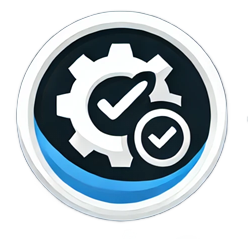Beyond QA: How Scrum, UX, and Development Skills Expand Your Career Options
A QA career doesn’t have to be linear. With skills in Scrum, UX, and Development, testers can transition into leadership, design, or engineering roles. Learn how to maximize your career potential.
